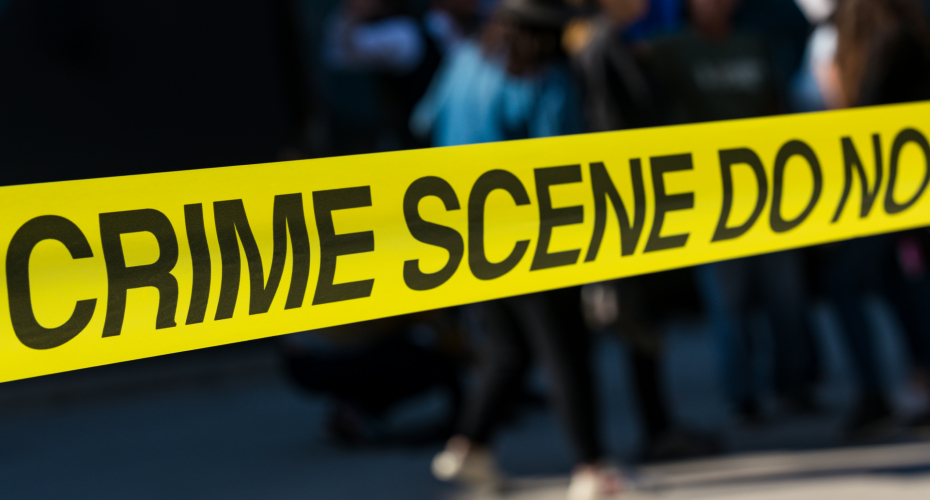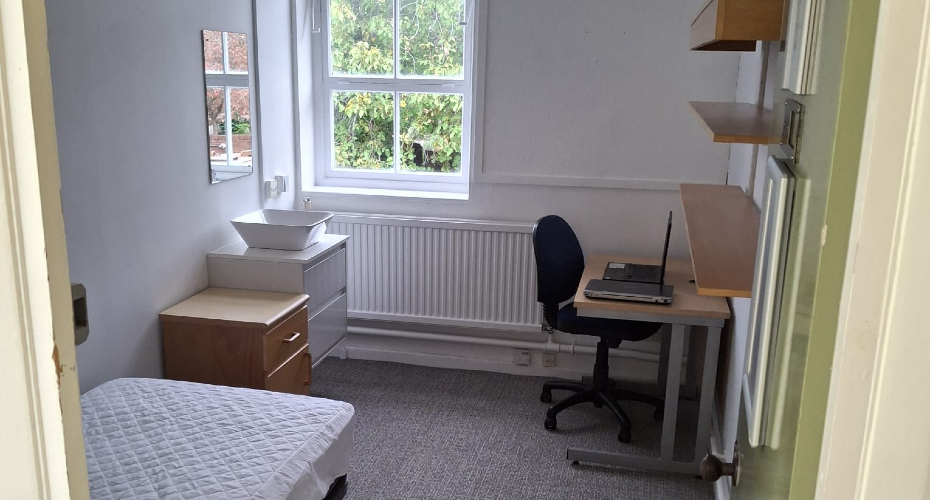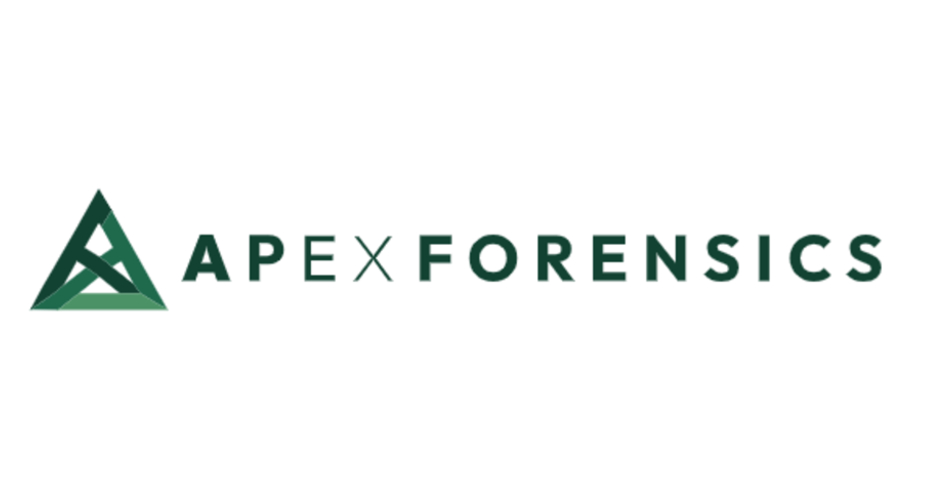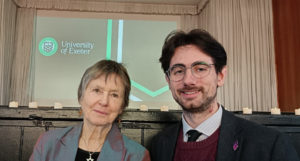University of Exeter to launch cutting-edge forensic ecology consultancy

Photo by Joshua Coleman on Unsplash
A new forensic ecology consultancy that will work with police and other agencies in the investigation of crimes and major incidents is being launched by the University of Exeter.
ApEx Forensics will draw upon academic expertise across a broad range of fields to provide one of the first commercial services of its kind to be established in UK Higher Education.
Led by Professor Karl Harrison, the former National Forensic Specialist Adviser and one of the most experienced Forensic Archaeologists working in the UK, ApEx will call upon a host of experts in fields as diverse as DNA, decomposition, garment analysis, and soils and radiocarbon dating.
ApEx will also offer continued professional development education and training to third parties, thanks to two new crime scene investigation laboratories. These simulation rooms, located on the University’s St Luke’s campus, will also be used by postgraduate students enrolled on a new MSc in Forensic Investigations.
“The launch of ApEx represents a new frontier for the University in forensic science, and is one of the first of its kind to be developed in UK HE,” says Professor Harrison, of the Department of Archaeology and History. “At a time when forensic services are under increasing pressure, ApEx enables us to bring our wealth of knowledge and experience directly into front-line investigations. Ultimately, we see that as a significant benefit to the investigative processes that underpin criminal prosecutions and public enquiries.”

Professor Harrison joined the University last year, having worked in forensic investigations for more than 20 years. Commended for his work at Grenfell Tower, Professor Harrison has worked on a broad range of cases in the UK, Europe and the Middle East, as well as those relating to international waters. He has also recently appeared as an expert on BBC’s Crimewatch Live.
Professor Harrison will welcome guests to the official launch on Tuesday 4 November, and will introduce several of the specialist sub-contractors, including Professor Lorna Dawson, Head of the Hutton Institute Soil Forensics Group.
Representatives from several Police Constabularies, Fire Services and forensic services will be attending, and will receive tours of the new crime scene laboratories. ApEx has already begun to work with police forces in the Southwest, Wales and National Policing bodies.
“Our investment in forensic archaeology demonstrates the importance of this specialist field in terms of commercialisation of research and realising its real-world impact; teaching and meeting student demand; and our civic duty,” says Professor Will Higbee, Associate Pro Vice-Chancellor for Business Engagement and Innovation, in the Faculty of Humanities, Arts and Social Sciences. “If we can use our facilities and expertise to help with major investigations, then that is a great way of building collaborations and partnerships, and creating positive societal impact.”
ApEx is the latest in a series of developments across the Department and Faculty of Humanities, Arts and Social Sciences that will engage with business, innovation and new audiences, including the SHArD 3D Laboratory, the eXeFilm distribution venture, and the Digital Humanities Laboratory.




